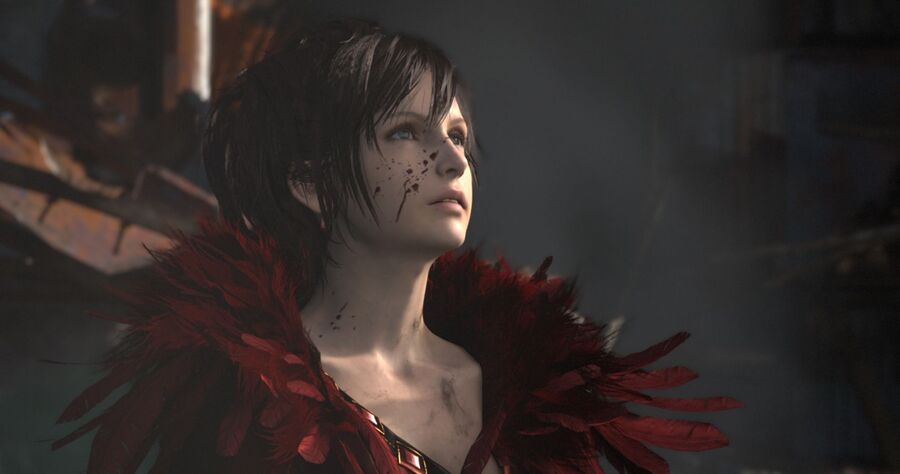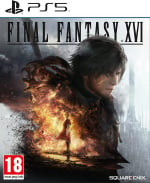
In a recent interview with YouTuber Skill Up, Final Fantasy XVI's Director Naoki Yoshida touched upon the term 'JRPG' and shared his apparent dislike for how it is used to bracket pretty much any role-playing game created in Japan (thanks, RPG Site).
During the interview, Yoshida commented that the "Action game genre [has advanced], and become the norm" – a reference to the fact that modern Final Fantasy titles have ditched the turn-based combat that typifies many Japanese RPGs in favour of real-time action. Yoshida was then asked by the host why he thought the JRPG genre hadn't advanced in quite the same fashion.
Yoshida's reply, translated by Final Fantasy XIV and Final Fantasy XVI translation lead Koji Fox, noted that the team behind the series doesn't consider the titles it makes to be JRPGs – just plain old RPGs. He then voices the opinion that the term 'JRPG' is one that has often been used in a negative manner:
"This is going to depend on who you ask, but there was a time when this term first appeared 15 years ago, and for us as developers the first time we heard it, it was like a discriminatory term.
We were going to create an RPG, but to be compartmentalized, they felt was discriminatory"
Although Yoshida then makes it clear that, in modern times, the term JRPG has more positive connotations – especially in the west – it's nonetheless clear that he felt it was a derogatory term at one point, a way for Japanese-made RPGs to be cut off and kept away from western RPGs.
The development of the Japanese RPG is an interesting one. Clearly inspired by western fantasy and role-playing games such as Sir-Tech's Wizardry, Origin's Ultima and The Black Onyx – the latter being a hugely influential Japanese RPG developed by a westerner, Henk Rogers (the same person who would secure the Tetris rights for Nintendo) – titles like Final Fantasy and Dragon Quest laid down the template for the 'traditional' JRPG. Enemy encounters took place at random, and combat was turn-based. Outside of that, players would explore large worlds populated with NPCs and periodically upgrade their gear and bolster their character's power by gaining experience points and levelling up.
There was certainly a time when western RPGs and JRPGs were following two distinct formulas; more often than not, western-made role-playing games would embrace real-time combat and shun the notion of random encounters. However, as time has gone on, JRPGs have arguably become closer to their western counterparts in terms of mechanics, which makes the need to categorise them separately redundant.
Take FromSoftware's Soulsborne series as an example (yes, we know it's an Action RPG and not a JRPG); for the truly uninitiated, it's almost impossible to tell if Elden Ring has been created in the west or Japan (indeed, we'd be willing to wager that many of the people who play and enjoy that game are blissfully unaware of its country of origin).
Even so, there are definitely distinctions between some Japanese RPGs and their western counterparts. Titles like Atelier Ryza 3: Alchemist of the End & the Secret Key and The Legend of Heroes: Trails from Zero could only have come from Japan; the way they look, sound and play makes that obvious. However, the lines are blurred by the emergence of 'JRPG' titles which follow very much the same template but aren't Japanese-made – Edge of Eternity and Chained Echoes being two recent examples.
So, should the term JRPG be relegated to the past? Shouldn't all RPGs simply be called 'RPGs', irrespective of where they were made and what mechanics they use? Should we adopt the terms 'real-time RPG' and 'turn-based RPG' instead?
Let us know what you think by posting a comment below and voting in the poll.

